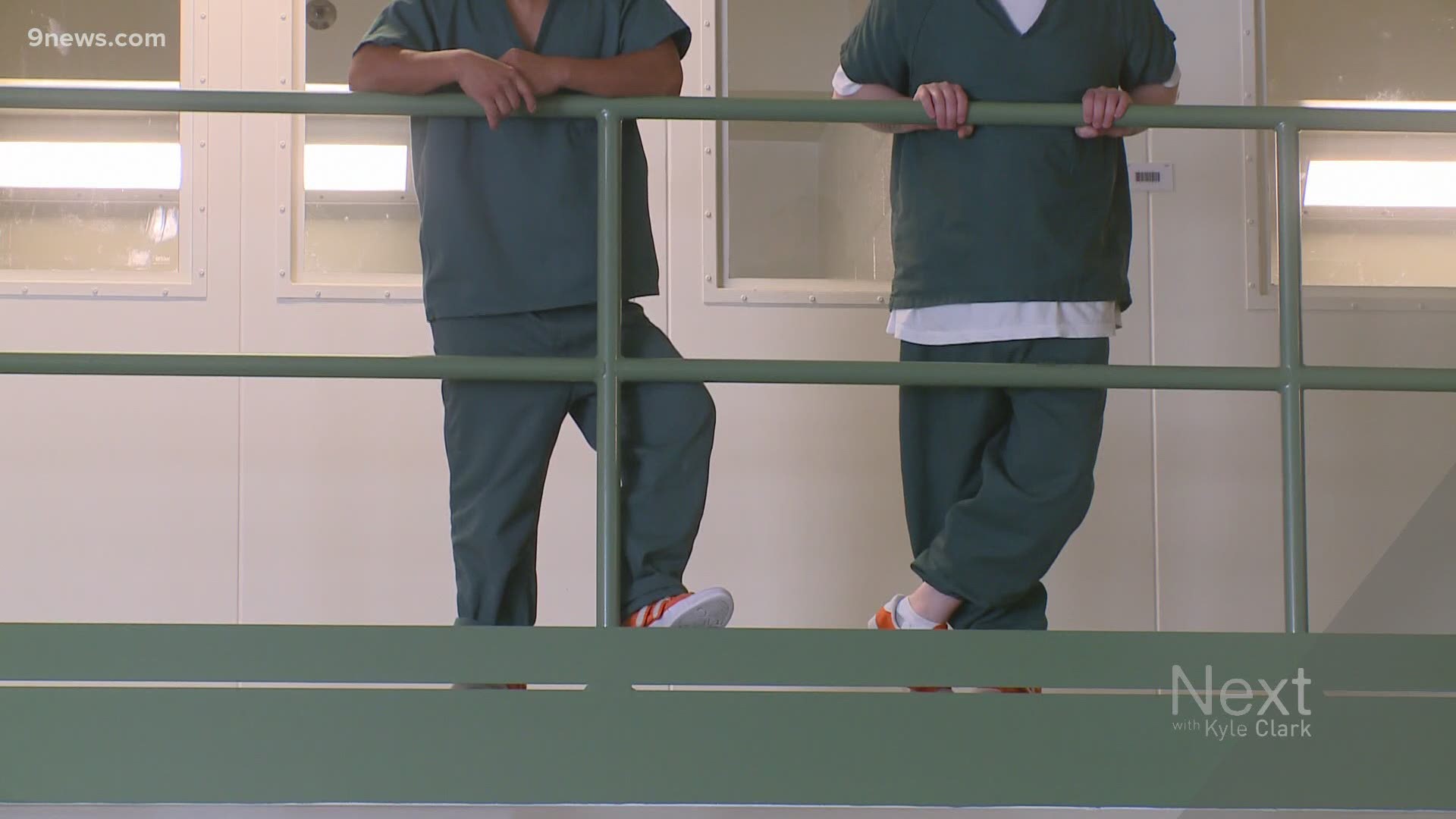DENVER — They were convicted of non-violent crimes and sentenced to serve time in prison. Now their families fear COVID-19 may have handed them a death sentence.
The push continues to try and convince Colorado Gov. Jared Polis (D) to let some non-violent inmates out early because of the coronavirus pandemic.
"It’s painful to have somebody in prison that you love right now. It’s something that I couldn’t imagine for myself, how vulnerable I’d feel," said Amber Johnson, whose father Ronald Johnson is incarcerated in Denver. "Since COVID has been here, it’s really kind of a nightmare because he’s 62 years old, he has asthma and high blood pressure. He’s more at risk for COVID than others."
In May 1999, a Denver judge sentenced Ronald Johnson to serve 96 years in prison for a multitude of charges including organized crime. His daughter says her father stole credit cards and checks to support a drug habit but never committed any violent crimes.
"I’m not saying that there shouldn’t be consequences for those actions but the consequence should never be 96 years for that type of crime," said Amber Johnson. "He doesn’t have the ability to socially distance himself. That’s the nature of being in prison. You don’t have the ability to have your own space."
Families like theirs are working with the American Civil Liberties Union (ACLU) of Colorado to request inmates' releases.
At least 1,388 cases of COVID-19 have been confirmed among inmates and staff members at prisons and jails across the state since the pandemic began. At least five inmates have died.
In May, Polis was asked about releasing inmates because of COVID at a press conference.
"The pandemic is no excuse to let criminals out," Polis said.
9NEWS asked Polis' office is he is considering any action on decarceration now. A spokesperson for the governor replied they could not comment because of "ongoing litigation."
"It’s a nightmare. I know that they’re not safe," said Vickie Carley, whose son Michael Kaiser is serving time at the Sterling Correctional Facility. "He’s at risk to begin with. If he gets it, it could be bad."
Back in March, Polis signed an executive order to try and stop COVID-19 from entering prisons. In part, that gave the department of corrections broader authority to place inmates on parole. That executive order has now expired.
The Colorado Department of Corrections (CDOC) says it doesn’t have the legal authority for discretionary releases. The governor has the power to grant clemency to people.
"CDOC is releasing inmates within the current statutory framework within state law, including referring those inmates who may qualify for special needs parole, and reallocating resources to provide expedited information to the Parole Board for those inmates who are parole eligible. The CDOC does not have the legal authority to conduct discretionary releases," the department said in a statement.
SUGGESTED VIDEO: Full Episodes of Next with Kyle Clark

